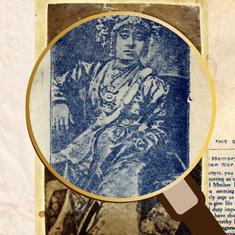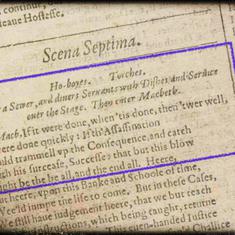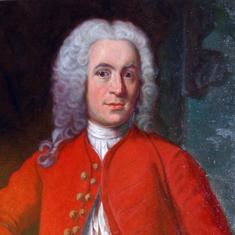The Spanish film Campeones (2018), directed and co-written by Javier Fesser, was based on a true story of a team made up of people with intellectual disabilities. Campeones inspired Bobby Farrelly’s Champions (2023) and now finds its way to India as Sitaare Zameen Par.
Directed by RS Prasanna, Campeones has been cut to fit its lead star Aamir Khan, whose saviour complex resulted in films like Taare Zameen Par, Dangal and Laal Singh Chaddha, in which he played a hero who not only helps characters realise their potential but also underlines the message for audiences to comprehend.
This approach worked particularly well for the dyslexia-themed Taare Zameen Par. Sitaare Zameen Par carries the thought further by having the protagonist interact not with one maladjusted child but with a bunch of players with autism and Down’s syndrome.
Khan plays Gulshan, a basketball coach with more complexes that he knows what to do with. His short stature bothers him; his father’s abandonment makes him avoid fatherhood. His marriage to Suneeta (Genelia Deshmukh) is falling apart when he is suspended from his job for hitting a senior and arrested for drunk driving. The judge gives Gulshan the punishment of community service – to coach a team of teens with special needs.
Gulshan walks into the institution, whose benevolent manager (Gurpal Singh) gives him gentle sermons about how everybody’s idea of normal is different. Flummoxed when faced with an energetic but uncontrollable group of players, Gulshan gradually comes to understand how to work with them.
The players, made up of well-cast actors, have their quirks. They are unable to follow instructions and have a marked lack of respect for their coach until he earns their affection and trust. While Gulshan’s interactions with the boisterous team are genuinely funny, as individuals they occasionally border on caricature (particularly the sole female player Golu, played with sass by Simran Mangeshkar).
Despite outward differences in appearance, speech and background, their purpose seems to be to collectively knock some sense into the cynical Gulshan. They are portrayed as lovable eccentrics, their stories pushed to the back in favour of Gulshan’s self-discovery and redemption. While the film’s message of inclusivity is undoubtedly noble, the actual challenges of having a specially abled child are ignored to create moments of slapstick comedy.
In the Spanish and Hollywood productions, the lives of the players move forward too. In the Hindi version, they remain trapped in childhood innocence even as their bodies grow. (The bit about one of them having a prostitute – the word is used – as a girlfriend is never clarified).
The film is well-intentioned, often heart-warming, but also simplistic. Divy Nidhi Sharma’s script is has some pithy lines but it also prevents the story from conveying its own points. The message is repeated over and over again and then some.
Aamir Khan’s Gulshan has the clearest character graph, from his initial frustration to his handling of his prejudices and limitations. Gulshan’s transformation from being petulant and selfish to genuinely caring towards the team, his wife and his mother (Dolly Ahluwalia) forms the emotional core of the film, and Khan portrays all the shades with ease.
The actors – Aroush Datta, Gopi Krishnan Varma, Vedant Sharmaa, Naman Misra, Rishi Shahani, Rishabh Jain, Ashish Pendse, Samvit Desai, Simran Mangeshkar and Aayush Bhansali – are real charmers, uninhibited and brimming with an infectious sense of joy that permeates the film.










